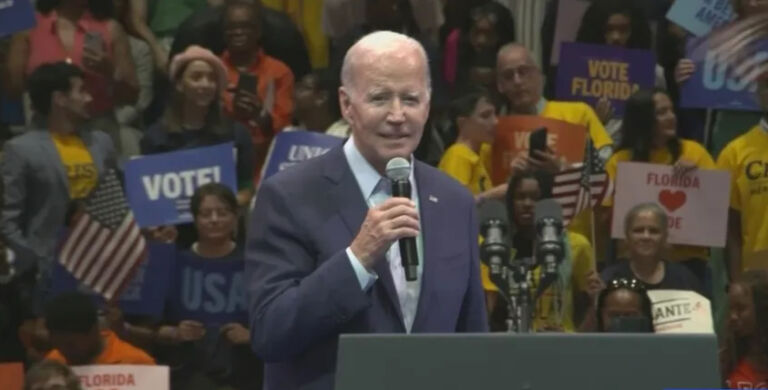North Carolina’s unemployment rate remained unchanged for the month of January, matching December’s revised rate of 3.8% according to the latest release from the North Carolina Department of Commerce.
The national rate for January was 3.4%. In February, national unemployment ticked up to 3.6%. February state data is not yet available due to scheduled, annual revisions.
According to the state release for January, “the number of people employed increased 10,334 over the month to 4,972,559 and increased 23,120 over the year. The number of people unemployed decreased 4,198 over the month to 193,845 and increased 7,121 over the year.” Moreover, “North Carolina’s unemployment rate increased 0.2 of a percentage point from a year ago.”
It is important to note the two surveys that are used to collect employment data. The unemployment rate comes from a survey of households, while the job numbers are from a survey of businesses called the establishment survey. These two surveys have been diverging, with the establishment survey showing stronger gains, signaling an increase in people taking second jobs. People who work multiple jobs are counted once in the household survey, but multiple times in the establishment survey of businesses.
Indeed since last year, the business payroll survey registered 139,000 more jobs more than the household survey in North Carolina. As inflation steams ahead, and recession looms, workers may be taking additional jobs just to stay afloat.
The state’s seasonally adjusted labor force participation rate (the number of employed and unemployed looking for work divided against the state’s noninstitutionalized civilian population above age 16) declined in January. The rate is now 60.4%. In February 2020, before the pandemic, the rate was 61.2%.1
If the labor force participation were back to pre-pandemic levels, our state would have 68,429 more people in the labor force.
Furthermore, inflation continues to stretch families’ budgets as it surpasses any wage gains. Over the last year, average private weekly wages (not seasonally adjusted) in North Carolina have only grown 4% while inflation runs hot at 6%. Real wages are down.
The national progressive agenda of disincentivizing work and wildly overspending has consequences: a shrinking labor force and high inflation. The Biden Administration continues to claim everything is fine, even as headlines of financial panic arrive.
Big-government, federal policies have negative effects across all 50 states. As budget talks begin In North Carolina, fiscal responsibility should remain the focus. Relying on the federal government or following that poor example would be to the detriment of North Carolinians.
1Rates have been adjusted over time and may reflect a different number than originally reported.


